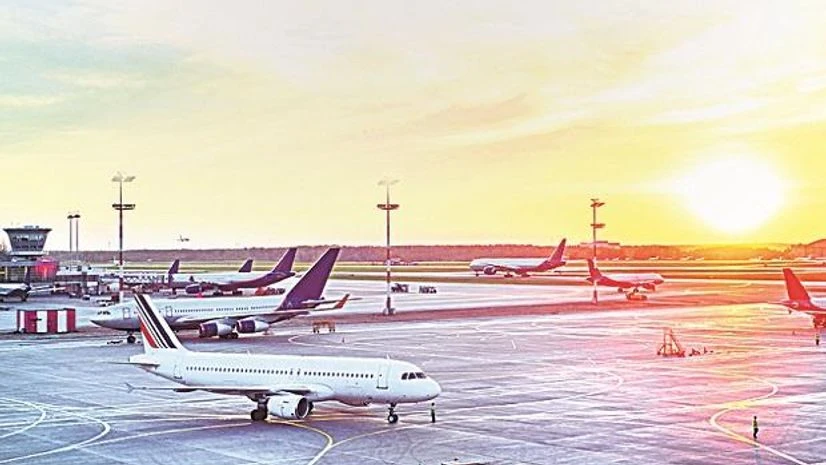India's unique demographics have created an optimal environment for the development of new local Low Cost Carriers (LCCs) that are likely to deploy both wide- and narrow-body aircraft to cope with demand on domestic routes, an aviation sector expert here said.
"Travellers will look for lower cost options and this will help LCCs grow much faster than the more premium Full-Service Carriers (FSCs) in India," says Joshua Ng, a director at the Singapore-based Alton Aviation Consultancy on Wednesday.
He noted that the type of aircraft flying domestic destinations will depend on the route demand and the connectivity between mega cities, as well as the capacities at new airports being built across the country.
LCCs are well positioned to capture and stimulate new demand in the country, given the vast territory and large population, Joshua told PTI after chairing a session at the Advanced Air Mobility Forum being held here from Feb 20-25.
He said the LCCs in India were also an alternative to the railway network.
Additionally, the Indian market is characterised by its high sensitivity to price, which tends to favour LCCs over the more premium FSCs, he said.
More From This Section
With strong macroeconomic tailwinds, the private sector is increasingly involved in an industry that has been largely state-led, he noted, citing the privatisation of Air India in 2022 as a first step.
Joshua cited a trending example of the popular Beijing-Shanghai route where both the narrow and wide body aircraft are deployed to cope with passenger demand.
Commenting on airline asset growth, he pointed out that Indian airlines have placed orders last year for almost all of their aircraft requirements.
Joshua is not expecting a new order from existing airlines this year and next year, unless a new LCC operator enters the market.
Akasa Air has announced starting international operations from March 28.
"There is probably enough share for every airline to grow in India. Airlines like Akasa Air help provide competition and alternatives for the market," he said, noting the the success of IndiGo.
However, Joshua underlined the need to have strong capital to navigate through the ups and downs of the market, one example being the exit of Go First.
He hoped that Go First's Air Operator Certificate (AOC) would be acquired by another investor.
(Only the headline and picture of this report may have been reworked by the Business Standard staff; the rest of the content is auto-generated from a syndicated feed.)

)
